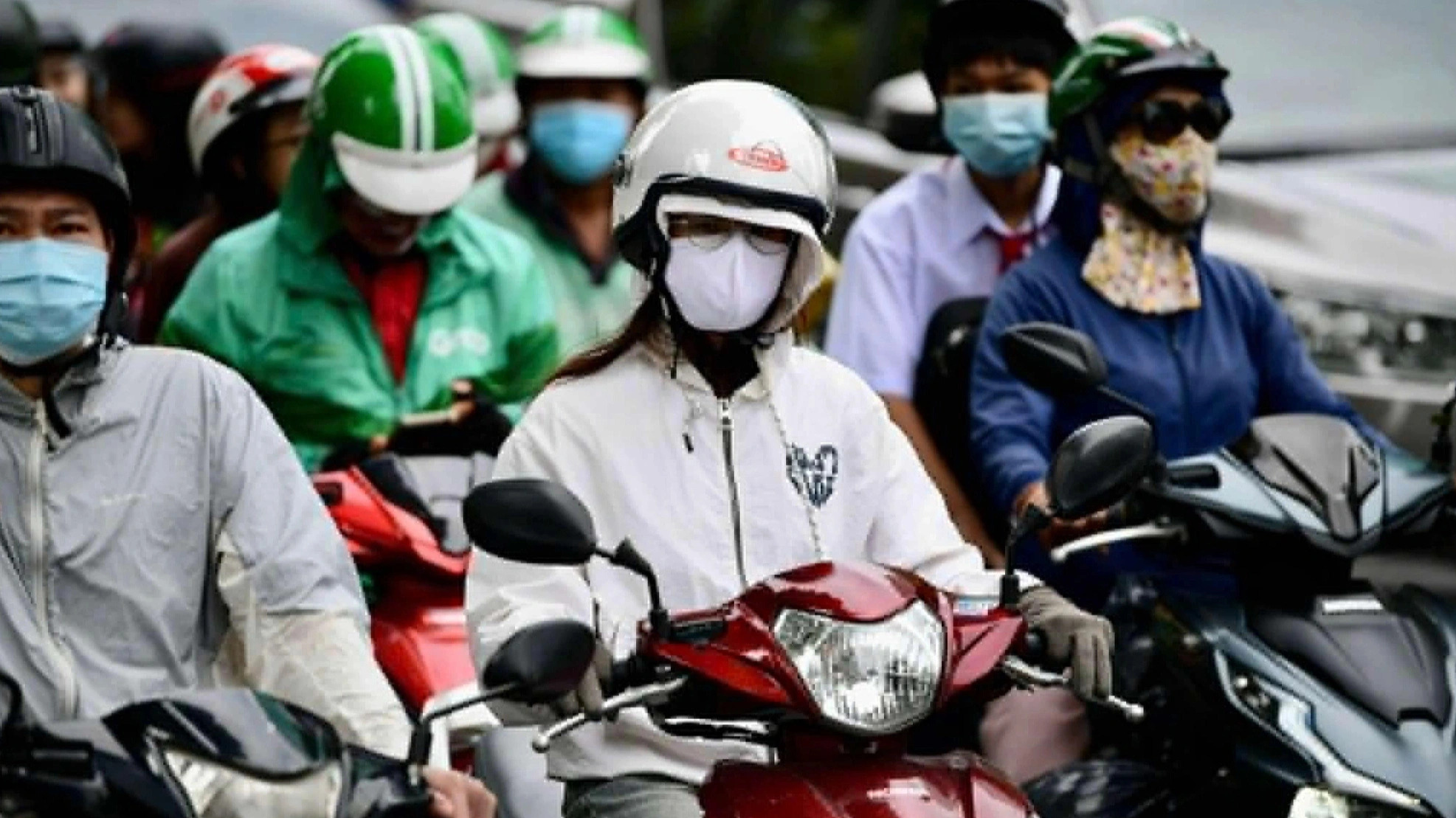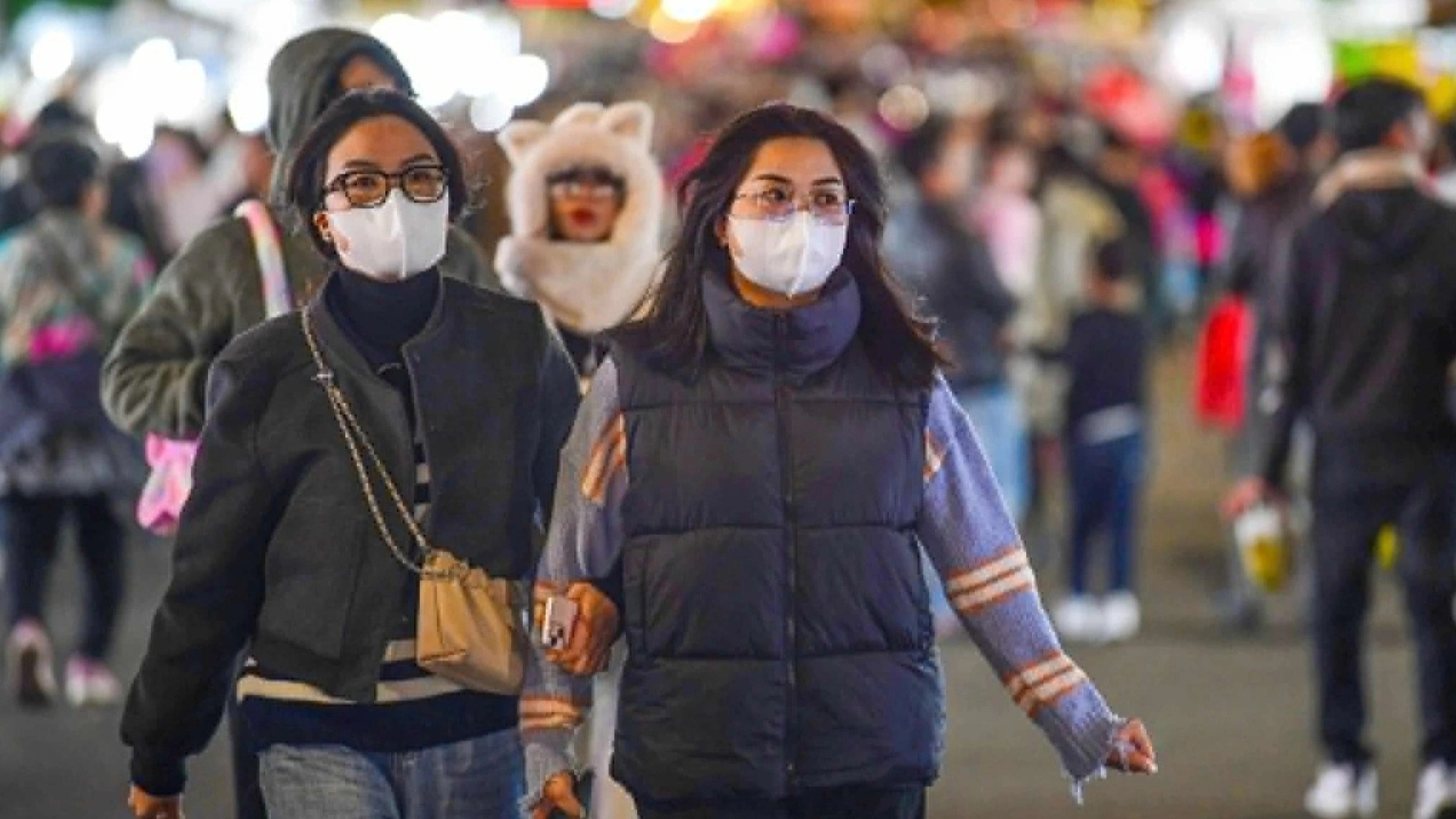Cooler-than-usual temperatures in Ho Chi Minh City have increased concerns over flu complications among vulnerable groups, said the city’s health experts.
A pregnant woman in the southern metropolis recently underwent early labor due to severe respiratory failure caused by an influenza virus infection, requiring extracorporeal membrane oxygenation (ECMO) support.
Similarly, a 54-year-old man with a history of hypertension suffered from flu complications, leading to pneumonia and ECMO treatment.
Dr. Le Thi Thu Huong, head of the respiratory medicine department at Gia Dinh People’s Hospital, warned that sudden temperature drops, like those currently seen in the city, can weaken the respiratory system, making it easier for flu viruses to spread.
Dr. Do Van Dung, a lecturer at the University of Medicine and Pharmacy at Ho Chi Minh City, echoed this sentiment, saying colder weather conditions exacerbate flu transmission.
Cold air slows the evaporation of respiratory droplets, allowing the virus to linger in the air and on surfaces for longer periods.
To cope with low temperatures, people tend to stay indoors in enclosed spaces, increasing the risk of person-to-person spread.
Dr. Dung added that flu outbreaks in tropical areas like Ho Chi Minh City are generally milder compared to colder regions.
Symptoms of the flu can resemble other respiratory infections but tend to be more severe, like a fever, cough, sore throat, runny nose, fatigue, and body aches, lasting 5-7 days.
However, vulnerable groups such as the elderly, young children, pregnant women, and those with underlying conditions like diabetes or heart disease may experience severe complications, such as pneumonia or respiratory failure.
|
|
| Residents who live in cold climates should take precautions against respiratory illnesses. Photo: Quang Dinh / Tuoi Tre |
Both doctors advised patients currently diagnosed with flu or other infectious diseases, vulnerable groups, and those with chronic health conditions to seek immediate medical attention if they develop signs of severe flu, including high fever, difficulty breathing, low blood pressure, or persistent fatigue.
Recent cases in Vietnam have shown that severe flu infections can lead to respiratory failure, secondary bacterial infections, and even multi-organ complications.
According to the South Korean Centers for Disease Control and Prevention, flu cases linked to A/H1N1 and A/H3N2 viruses are surging amid colder temperatures in South Korea.
These strains are highly contagious and can cause serious complications, especially in crowded environments like schools and offices.
Vaccination remains the most effective prevention, as flu viruses mutate frequently.
Other preventative measures include wearing face masks, frequent handwashing, and maintaining physical distance.
A healthy lifestyle with balanced nutrition and regular exercise can also boost immunity, said Dr. Nguyen Thanh Uc.
Like us on Facebook or follow us on X to get the latest news about Vietnam!





















































